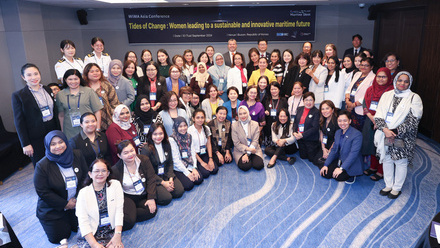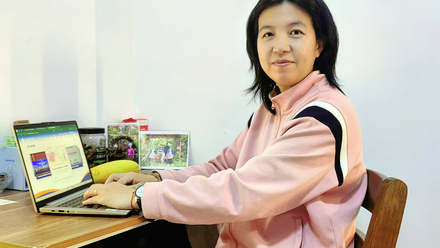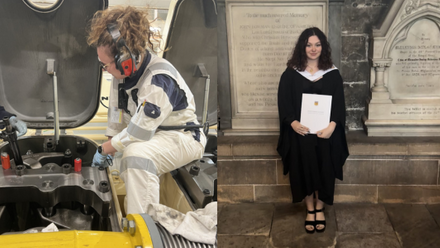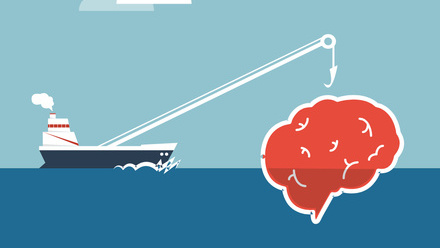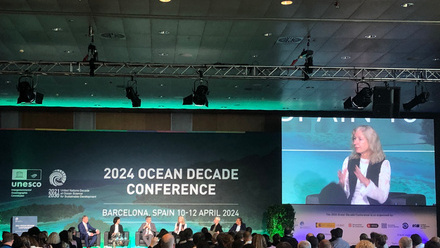The opportunities and challenges of international working
Georgina Vickery reflects on her experiences of studying in multiple countries and the barriers faced by international students and workers.
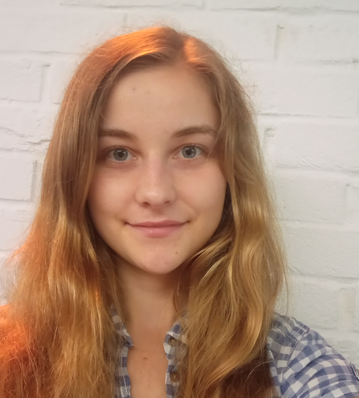
At just 24 years old, Georgina Vickery has already lived in ten different counties. “I have seen the world from a unique perspective. Everywhere I have lived, the cultures and expectations were different, but people still shared similar needs, desires and even frustrations,” says Vickery.
Originally from the UK, Vickery’s first foray overseas was when she lived in France with her father. During a bachelor's degree with the University of Southampton, she lived abroad in the USA. “It’s an English-speaking country and Western, so you could say it is similar to the UK in some respects, but it's also different – more than I thought.
“[Later] I got the scholarship for the International Master of Science in Marine Biological Resources (IMBRSea). That’s when I really started being more international because you move every three or four months. You’re meeting people from all over the world, and you're living in so many places,” explains Vickery. Now she works in Denmark.
Not all passports are created equal
IMBRSea is a partnership between eleven European universities, with students spending a semester at a different university. Despite the need to apply and pay for visas for each country months in advance, holding a British passport was still an advantage. For others, it was a different story.
“A lot of [my fellow students] had trouble moving between countries. There was one girl from the Philippines. Even though she held a residence permit for another EU country, she was unable to obtain a visa to travel to Spain for the final thesis presentations and graduation. There was also one of my close friends from Bangladesh. He was based in Belgium for one of his projects, but he was working with a university in the UK, and they wanted him to go over in person, but he couldn’t get the visa in time.”
While students who couldn’t get visas were often able to participate online, Vickery says that the experience is not the same: “Being in person, you meet so many more people, and for me it's always been a benefit to talk to people, having a coffee. You gain so much more.”
Benefits of collaboration
While each problem and solution has elements unique to their local situation, at some base level, there are often more similarities than not. “That problem might have been solved somewhere else,” says Vickery, noting that “solutions designed in one place are rarely translocated to another”.
“[With international collaboration] you can see it from another perspective, and it can make progress faster.” Vickery states. Using fishery surveys as an example, she expands: “It’s fundamentally the same problem everywhere, but there’s a lot of wasted energy that could be reduced by collaboration. I had a colleague who went from Norway to Spain and told them about electronic measuring boards. It takes two people to measure several thousand fish in Norway a day. It takes four people to measure several hundred a day in Spain, because they record everything on paper. They are considering changing that now.”
Yet inequality still exists concludes Vickery: “You have candidates, perhaps coming from richer countries, where their parents have supported them to do volunteer conservation projects or other unpaid work, giving them lots of experience. There are others who haven’t got as much experience, [and] they’ve really had to struggle, potentially funding their own university education. To reach the same position they have had to be incredibly passionate and motivated. Don’t underestimate their ability. They’re the type of people you want on your team.”
Discover more about the international work undertaken by IMarEST.
You can collaborate internationally with like-minded individuals by visiting and joining a Special Interest Group.
Newsletter image: Georgina Vickery; credit: Georgina Vickery.
Main image: Oviedo University, a member of IMBRSea; credit: Shutterstock.
Tell us what you think about this article by joining the discussion on IMarEST Connect.

